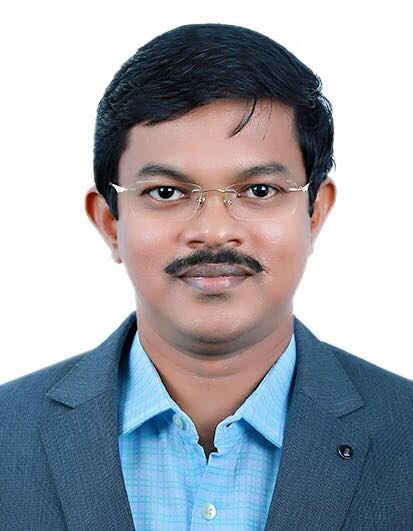
Senthil Kumar
College of Applied Sciences, Ministry of Higher Education (MOHE) - Sultanate of Oman
Title: Antibiotics from marine bacteria associated with seaweeds against fish pathogens – A possible probiotic application
Biography
Biography: Senthil Kumar
Abstract
Aquaculture is a worldwide activity and considered as a major economic and food production sector as it is an increasingly
important source of protein available for human consumption. According to FAO, the supplies of fish, crustaceans, and
molluscs from aquaculture increased from 3.9% of total production by weight in 1970 to 27.3% in 2000, and aquaculture
is growing more rapidly than all other animal-food-producing sectors. The use of probiotics has gained significance in
aquaculture practices, particularly the disease outbreak. At present, the coastal aquaculture practices in Oman are centered
on shrimps and efforts are being made to diversity into finfish culture. In this context, the disease management is considered
as of vital importance for the successful culture practices. The use of antibiotics in farming operations is not only costly
but also considered as impractical. So, the probiotics has much role to play in disease management of finfish and shellfish
aquaculture systems. In lieu of this increased attention has been turned to symbiotic marine microorganisms associated
with seaweeds as a promising source for natural product isolation. This symbiotic marine microorganisms (endo & ectosymbiotic)
were able to produce antibiotics against common fish pathogens, that can lead to isolate a novel secondary
metabolites. The aim of this study was to identify symbiotic marine microorganisms which is associated in the seaweeds
with antibacterial activity against common fish pathogens, in order to identify a possible alternative to the commonly used
antibiotics in aquaculture.

